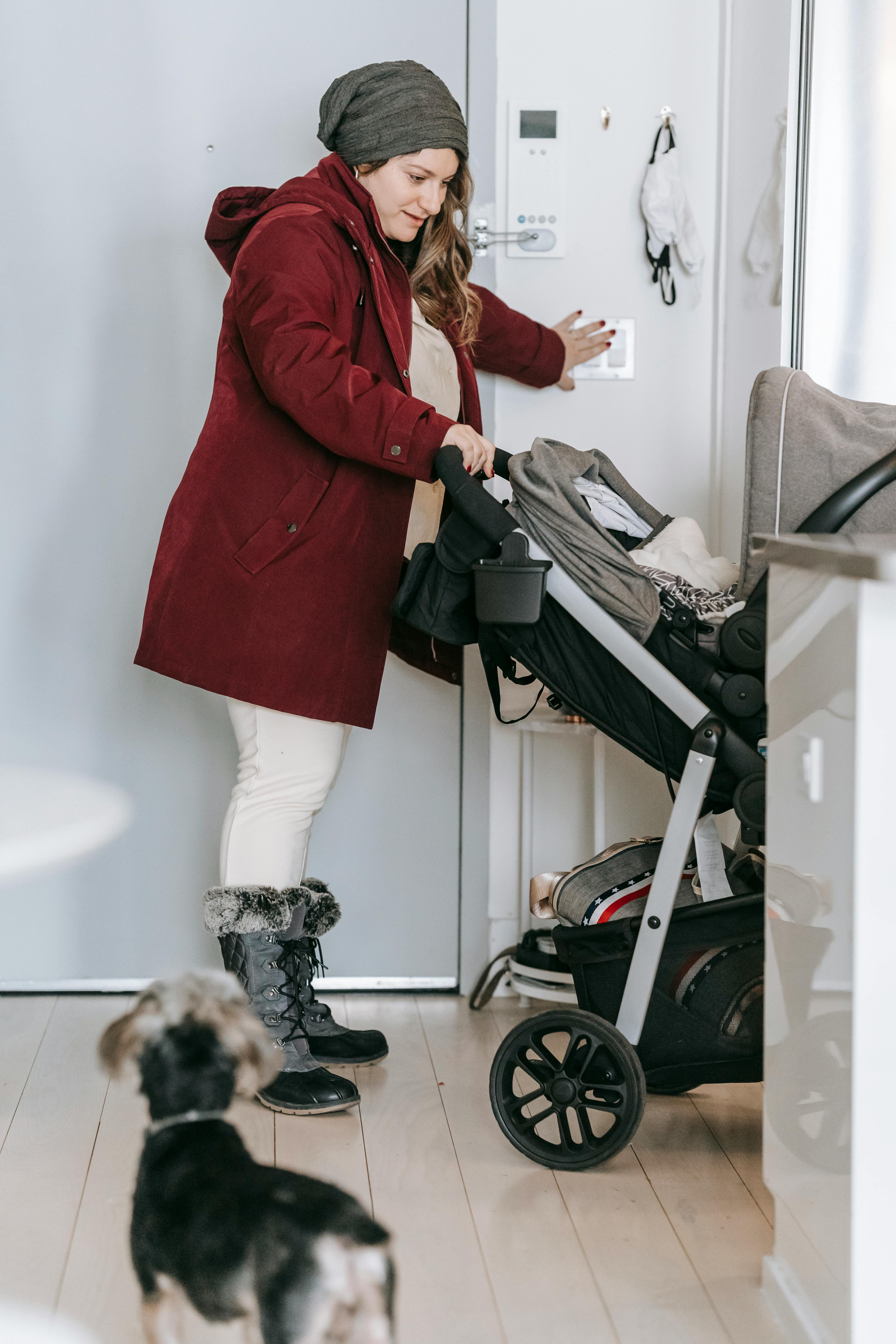Table of Contents
Background Check and References
One of the most crucial safety tips for hiring a babysitter is to conduct a thorough background check and request references from previous employers. It is essential to verify the sitter’s identity, criminal record, and any history of child abuse or neglect. By checking references, parents can gain valuable insight into the sitter’s work ethic, reliability, and interactions with children. Additionally, parents should ask for recommendations from friends, family, or neighbors to ensure they are choosing a reputable and trustworthy individual to care for their children.
On-Demand Childcare in Your Neighborhood
Book a Sitter
First Aid and CPR Certification
Another important safety tip for hiring a babysitter is to ensure they are certified in first aid and CPR. In the event of a medical emergency, it is crucial that the sitter can respond quickly and effectively to provide life-saving care to the child. Parents should verify that the sitter’s certification is current and up to date, as well as inquire about their training and experience in handling emergencies. By choosing a babysitter with first aid and CPR certification, parents can have peace of mind knowing their child is in capable hands.
Experience and Qualifications
When hiring a babysitter, parents should consider the sitter’s experience and qualifications in caring for children of similar age and needs. It is essential to ask about the sitter’s previous childcare experience, including the age groups they have worked with and any special skills or training they possess. Parents should also inquire about the sitter’s ability to handle specific situations, such as bedtime routines, meal preparation, or behavior management. By selecting a babysitter with relevant experience and qualifications, parents can ensure their child receives the best care possible.

Communication and Trust
Effective communication and trust are key components of a successful babysitting arrangement. Parents should establish open and honest communication with the sitter, discussing expectations, schedules, and emergency protocols. It is essential to share essential information about the child, such as allergies, medications, and contact numbers, to ensure the sitter is well-informed and prepared. Building trust with the sitter is crucial, as it allows parents to feel confident in the sitter’s abilities and judgment while caring for their child.
Regular check-ins and updates can help maintain a positive relationship and ensure the child’s safety and well-being.
Safety Guidelines and Emergency Plans
Lastly, parents should establish clear safety guidelines and emergency plans with the babysitter to prevent accidents and respond effectively in crisis situations. Parents should provide the sitter with important information, such as the child’s medical history, contact numbers, and household rules. It is essential to discuss safety precautions, such as childproofing measures, fire escape routes, and supervision guidelines to minimize risks and promote a safe environment for the child. Parents should also review emergency procedures with the sitter, such as who to call in an emergency, how to handle injuries or illnesses, and where to find essential supplies. By creating a comprehensive safety plan, parents can ensure the babysitter is well-prepared to handle any situation that may arise while caring for their child.
In conclusion, hiring a babysitter requires careful consideration and thorough vetting to ensure the safety and well-being of children. By following these essential safety tips, parents can make informed decisions and choose the best babysitter for their family. Conducting background checks, verifying certifications, assessing experience, promoting communication, and establishing safety guidelines are critical steps in hiring a trustworthy and reliable babysitter. By prioritizing safety and security, parents can create a positive and nurturing environment for their children while they are away.










